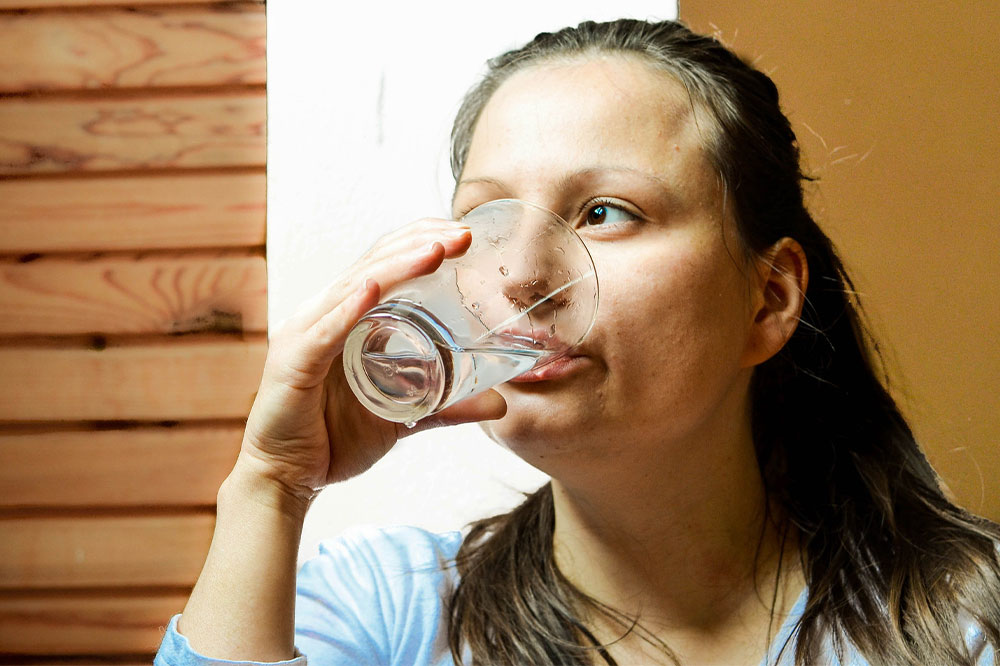Dehydration – An overview
Dehydration is a term used for a condition that occurs when the body uses or loses more fluids than those supplied. When the human body does not get the required supply of water, its functions get interrupted. Therefore, if the body is not replenished with sufficient fluids, it gets dehydrated.
Although anyone can be affected by dehydration, the condition can do more harm to young children and older adults. So, how can you identify the symptoms, what can be the causes of dehydration, and who is at a higher risk?

Symptoms of dehydration
Many people confuse thirst with one of the main symptoms of dehydration. However, it might not be a reliable symptom of dehydration. Various people, especially those who belong to an older age group do not feel any thirst unless their body is dehydrated. Hence, to make sure that your body does not run out of fluids, you must keep drinking water regularly during summers and if you’re unwell.
The symptoms of dehydration can vary based on age. Listed below are the dehydration symptoms across various age groups. In children and infants, the symptoms are
- Dryness in the tongue and mouth
- No discharge of tears while crying
- Not wetting the diaper for up to three hours
- Irritability
- A spot in the skull that looks sunken
- Sunken facial features such as eyes and cheeks
And in adults, they are
- Uncontrollable thirst
- Reduced need for urination
- Dark-colored urine
- Tiredness and fatigue
- Confusion
Causes of dehydration
The primary causes of dehydration include
- Limited intake of water
- Loss of water in excess
- Combination of these two
There are many reasons for which one might not be able to consume enough water. Sometimes, you may forget to have enough water due to your hectic schedule. At times, there can be an absence of clean water facilities in the area where you have to spend time for a long period due to personal or professional commitments. There can also be a possibility wherein the water supply is limited in some places; for instance when you go hiking or camping. Such conditions can become a cause for limited water intake and hence, lead to dehydration in the body. Other important causes include
- Diarrhea |
This is one of the primary causes of dehydration and the deaths related to the condition. The large intestines have the responsibility of absorbing water from the food that we intake. However, diarrhea does not allow the intestines to do their job properly. When a person suffers from diarrhea, there is an excess loss of water, which eventually leads to dehydration. - Vomiting
When the body gives out fluids in this way, it can get extremely difficult to replenish it again with water.
Risk factors
Dehydration can affect anyone. However, some people remain at a higher risk. These include:
- People who live at high altitudes
- People who run marathons and take part in physically exerting events like triathlons
- People suffering from chronic conditions such as diabetes and kidney diseases
- Infants and young children due to their increased susceptibility toward diarrhea and vomiting















